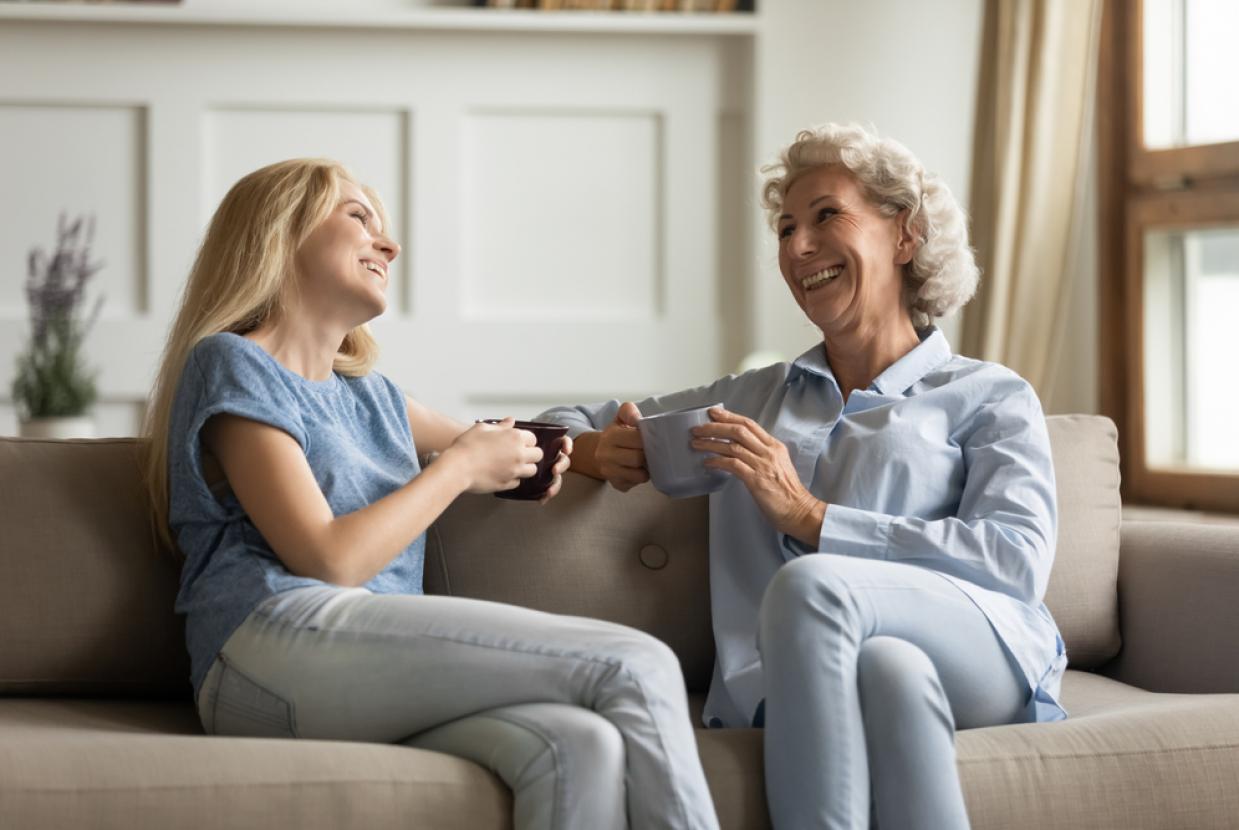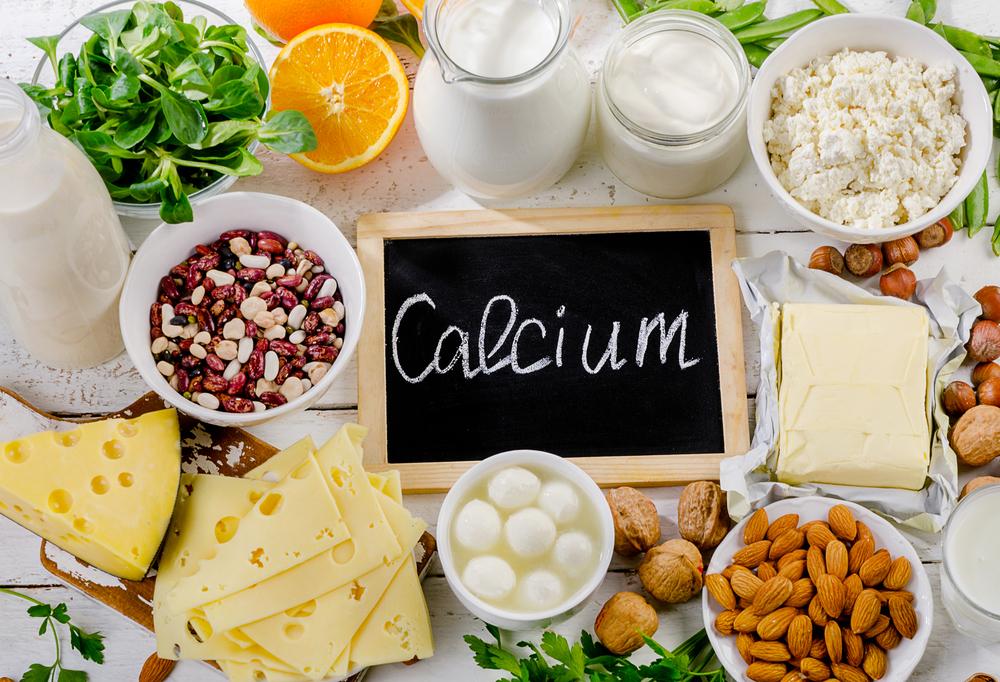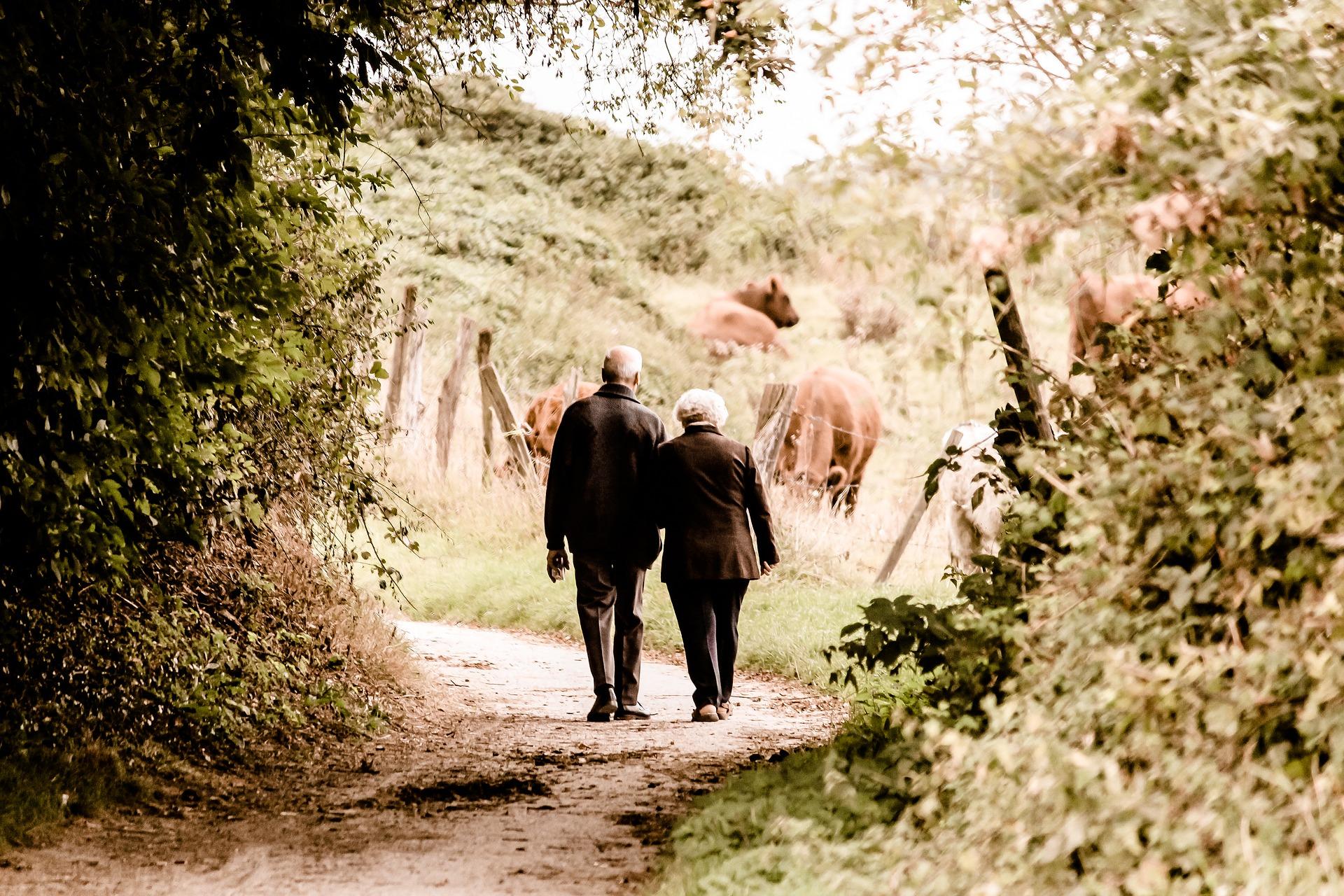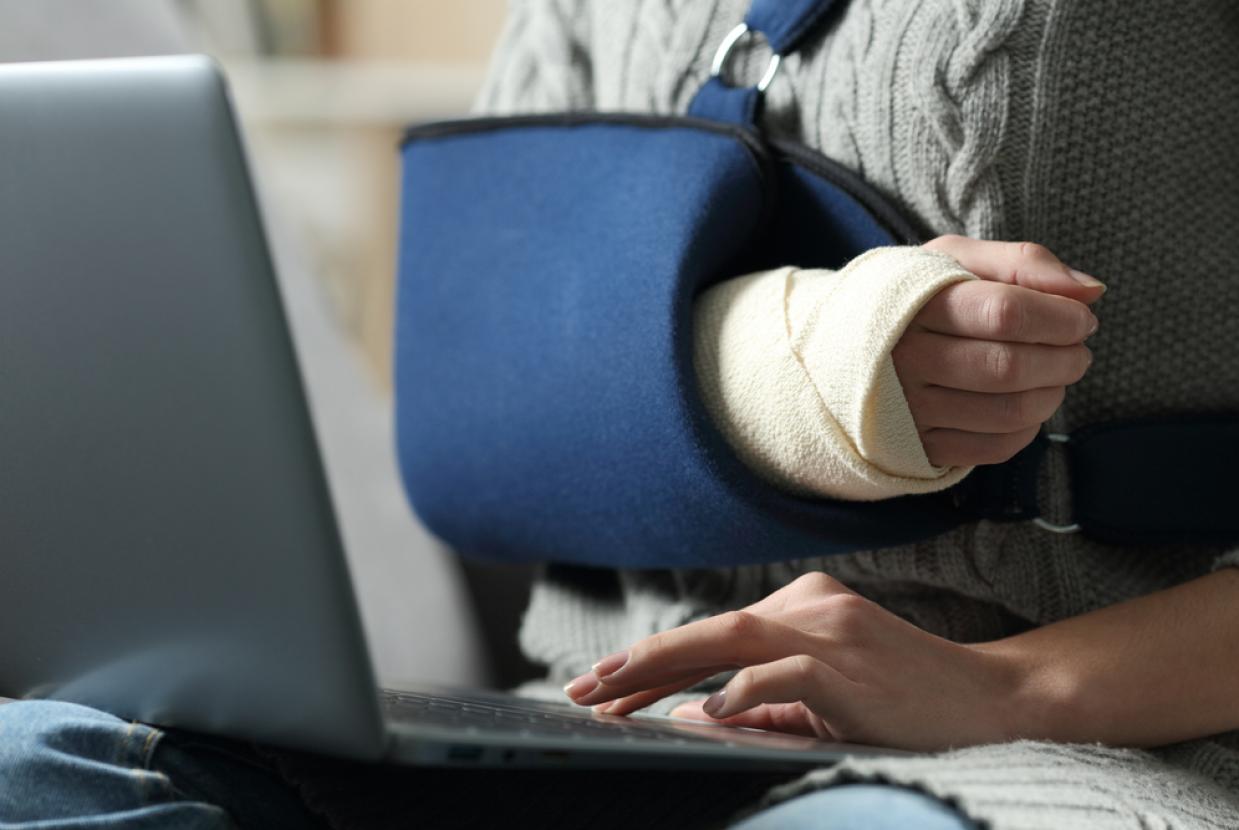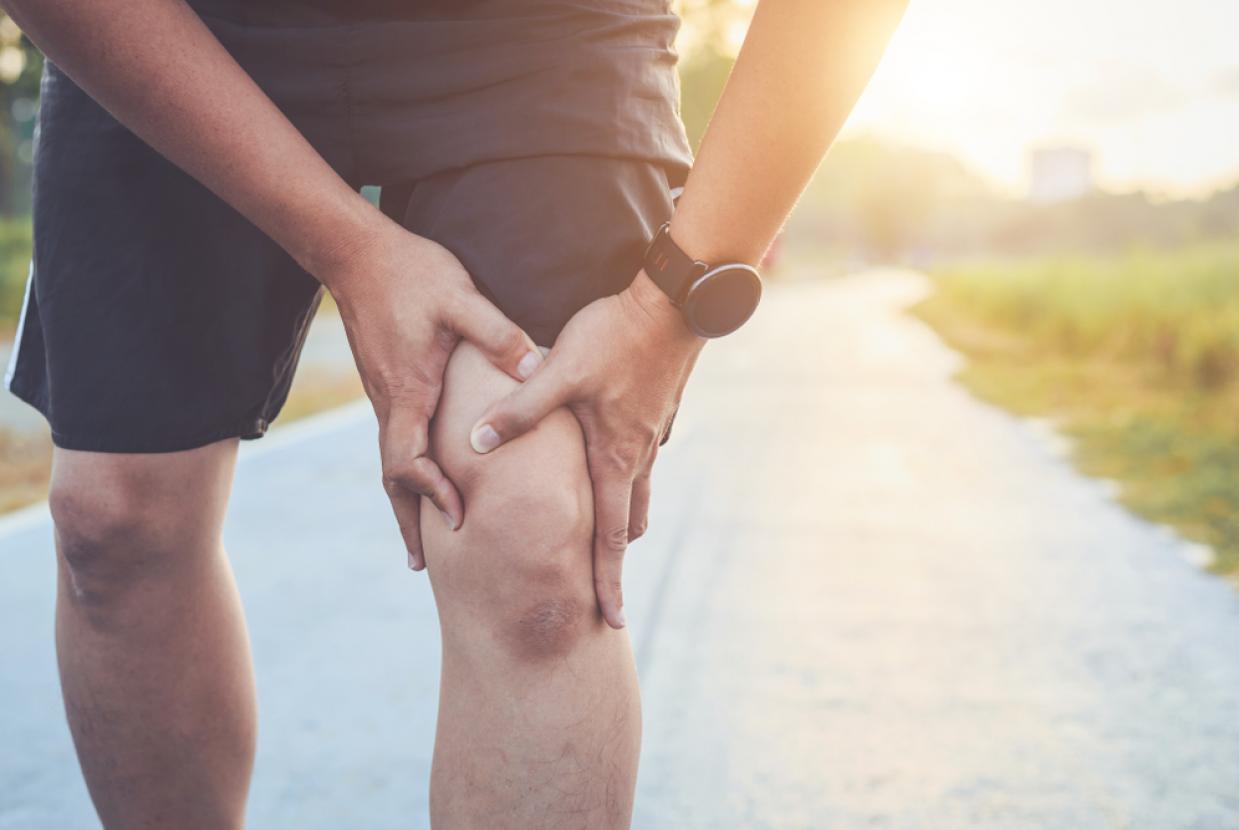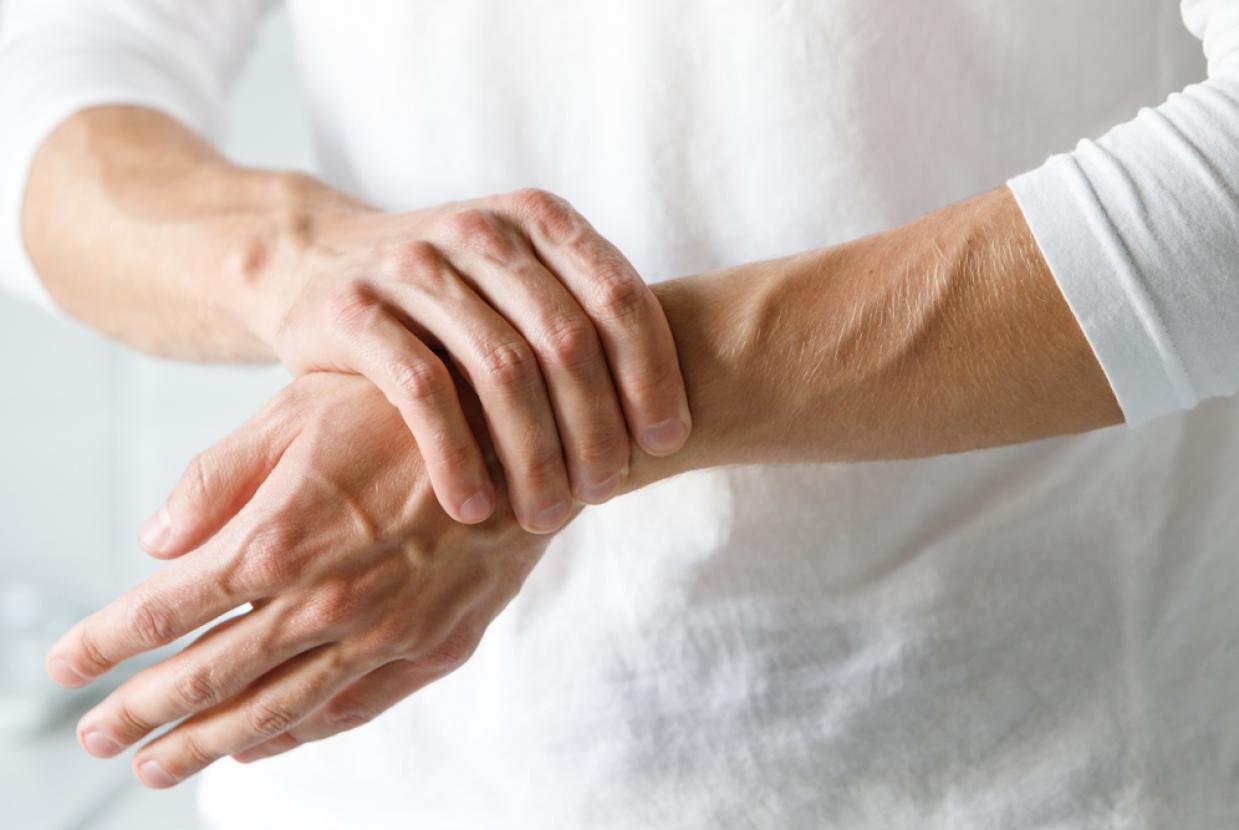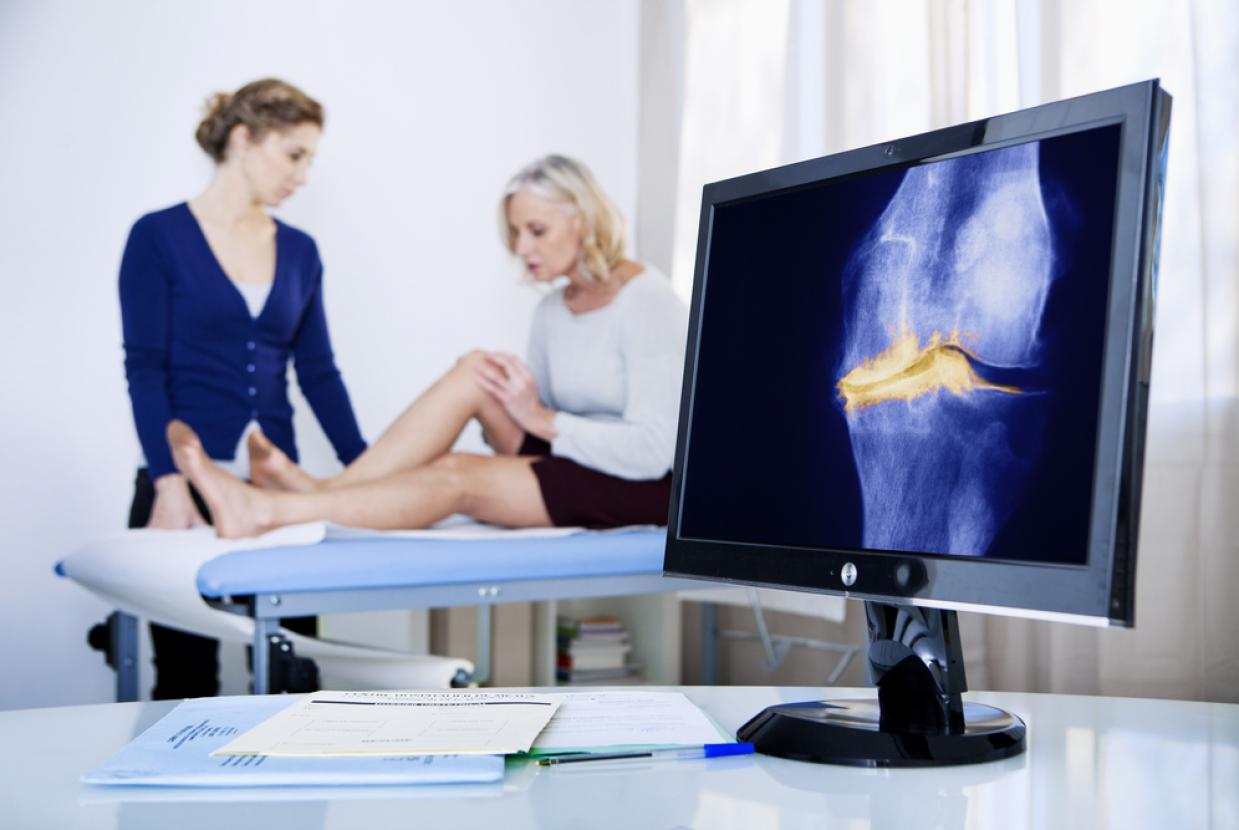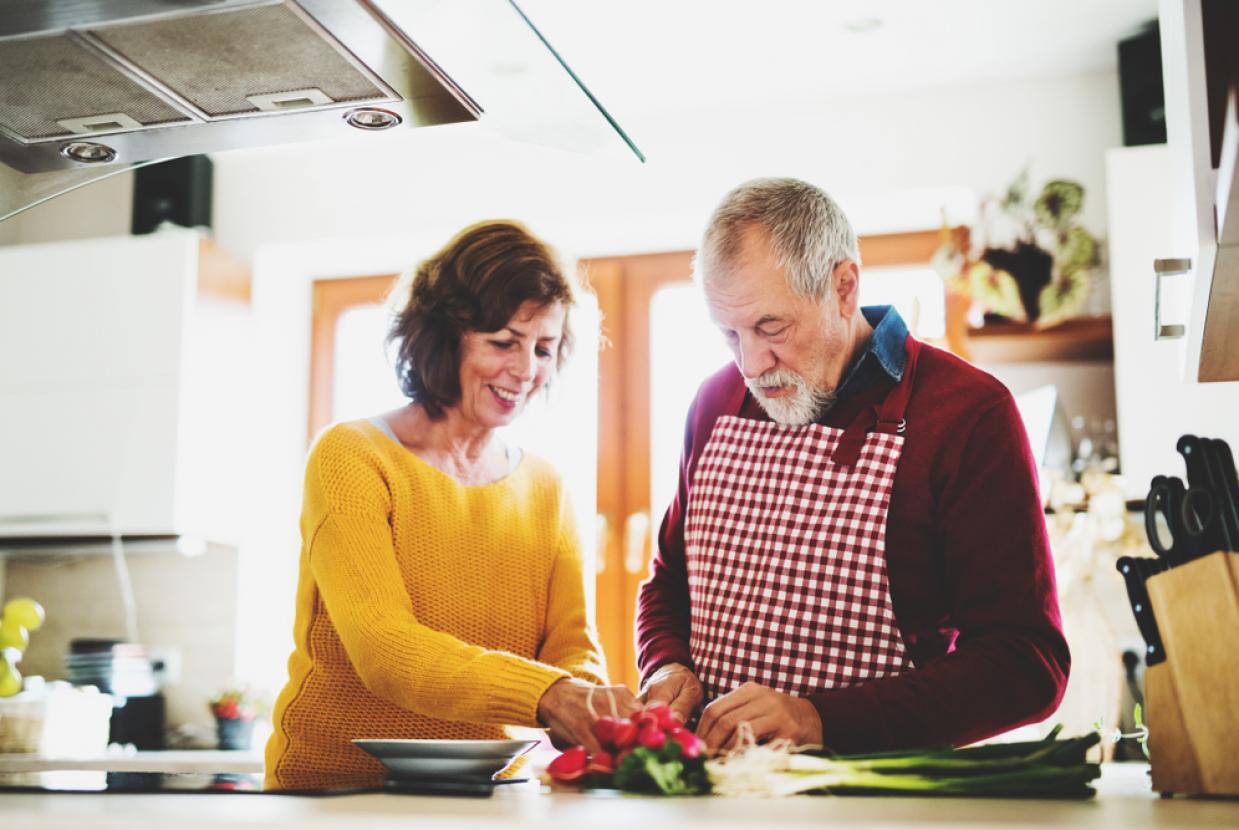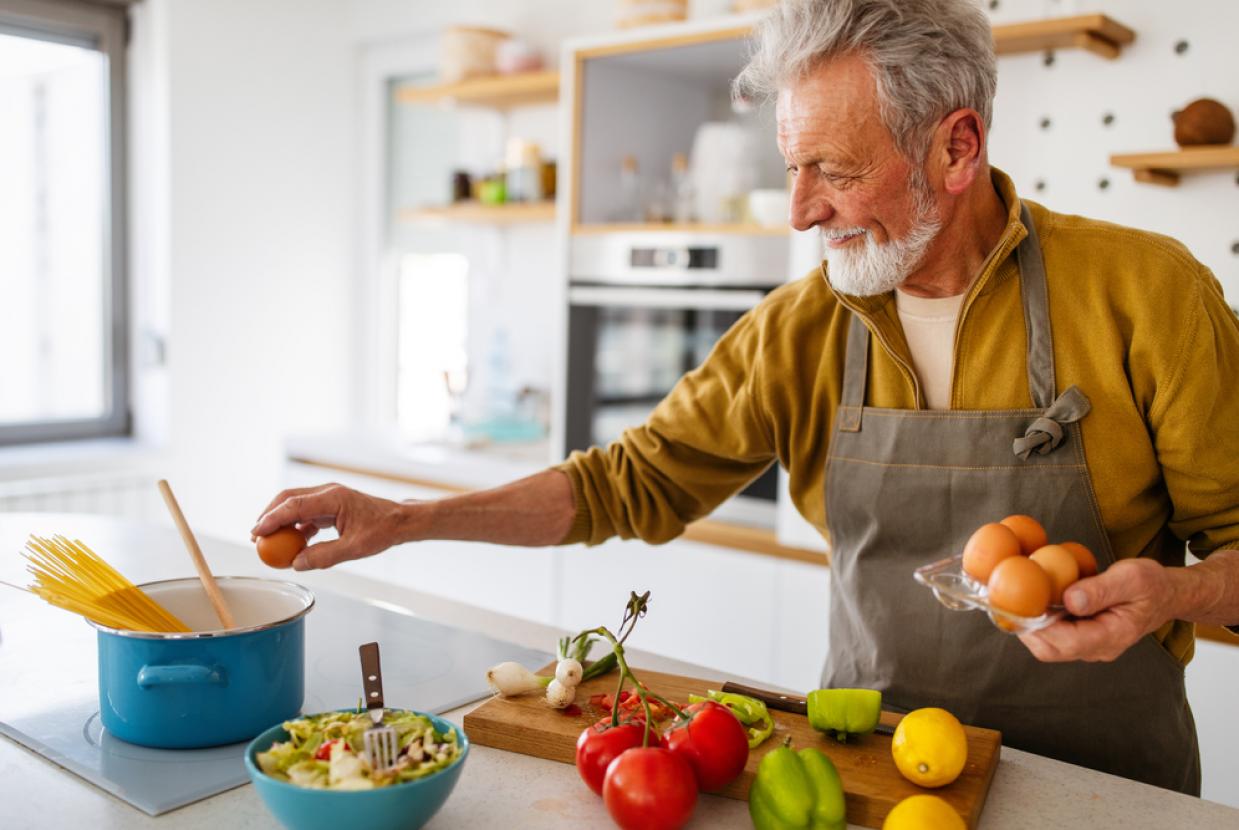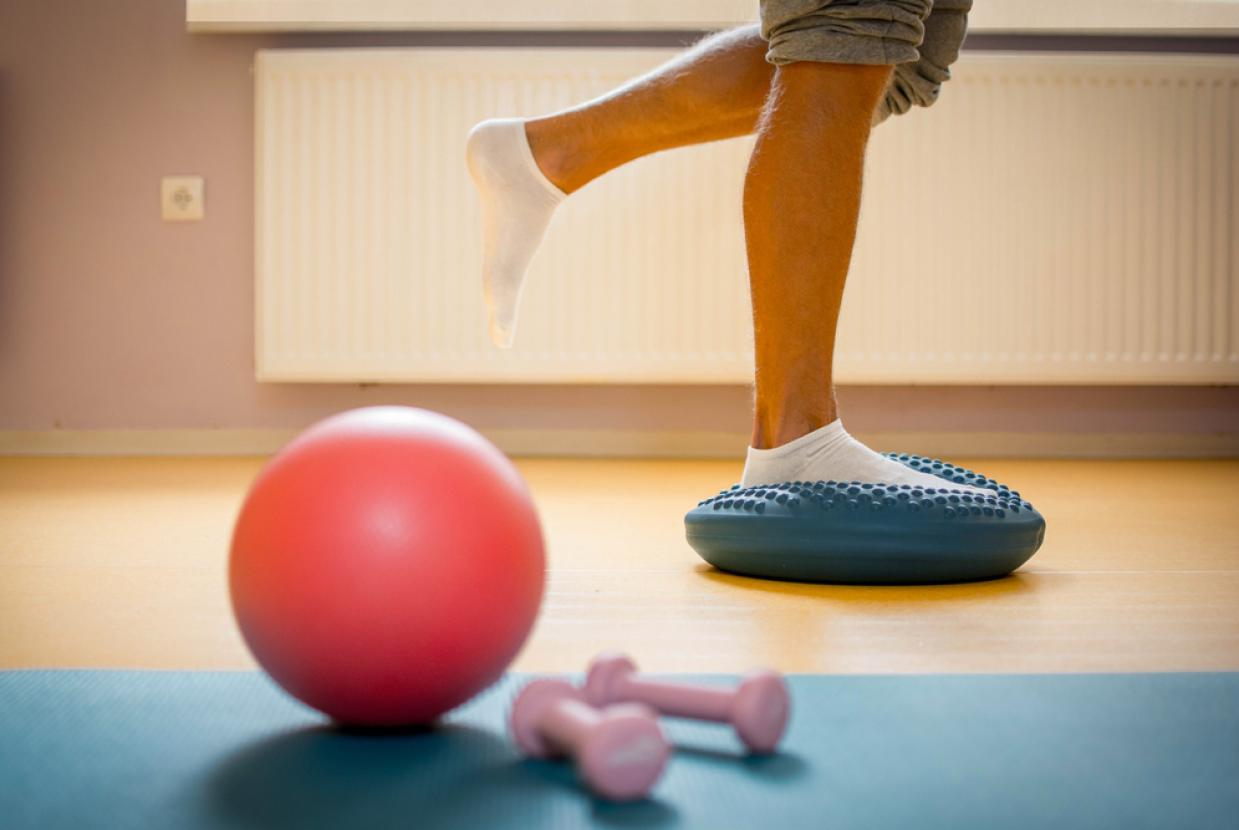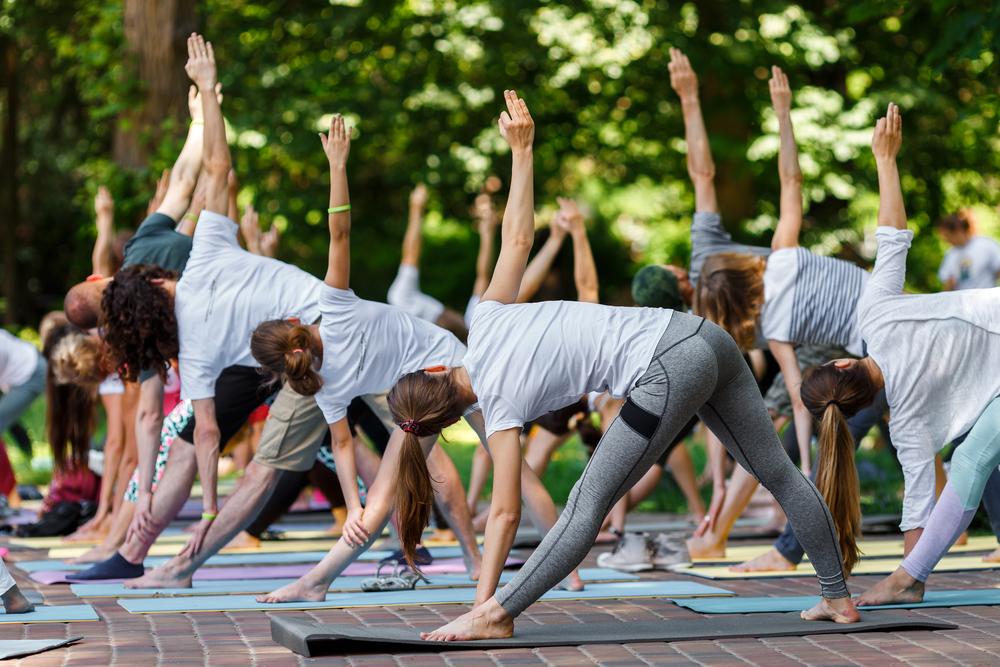Living With Osteoporosis
Having osteoporosis does not mean you'll definitely have a fracture. There are measures you can take to reduce your risk of a fall or break.
Preventing falls
Making some simple changes at home can help reduce the risk of breaking a bone in a fall. Check your home for hazards you may trip over, such as trailing wires. Make sure rugs and carpets are secure, and keep rubber mats by the sink and in the bath to prevent slipping.
Have regular sight tests and hearing tests. Some older people may need to wear special protectors over their hips to cushion a fall. Your GP can offer help and advice about changes to your lifestyle.
Healthy eating and exercise
Regular exercise and a healthy diet are important for everyone, not just people with osteoporosis. They can help prevent many serious conditions, including heart disease and many forms of cancer. Make sure you have a balanced diet that contains all the food groups to give your body the nutrition it needs.
Getting support
Your GP or nurse may be able to answer any questions you have about living with osteoporosis and can reassure you if you're worried. You may also find it helpful to talk to a trained counsellor or psychologist, or to someone at a specialist helpline. Your GP surgery will have information about these.
Recovering from a broken bone
Broken bones can take weeks or months to heal. Having osteoporosis does not affect how long this takes. Recovery depends on the type of fracture you have. Some fractures heal easily, while others may need more intervention.
If you have a complicated broken wrist or broken hip, you may need an operation to make sure the bone is set properly.
Hip replacements are often needed after hip fractures, and some people may lose mobility as a result of weakened bones. Osteoporosis can cause a loss of height due to a broken bone in the spinal column. This means the spine is no longer able to support your body's weight, which causes a hunched posture.
This can be painful when it happens, but it can also lead to long-term pain. Your GP or nurse may be able to help with this.
Coping with pain
Everyone experiences pain differently, so what works for you may differ from what works for someone else. There are different ways to manage pain, including:
- painkillers
- heat treatment, such as warm baths or hot packs
- cold treatment, such as cold packs
- simple relaxation techniques
- massage
You can use more than one of these techniques at the same time to manage your pain – for example, you could combine medicine, a heat pack and relaxation techniques.
Working and money
You should be able to continue working if you have osteoporosis. It's very important that you remain physically active. This will help keep your bones healthy.
However, if your work involves the risk of falling or breaking a bone, get advice from your employer, GP and the Royal Osteoporosis Society about how to limit your risk of having an accident or injury that could lead to a bone break.


